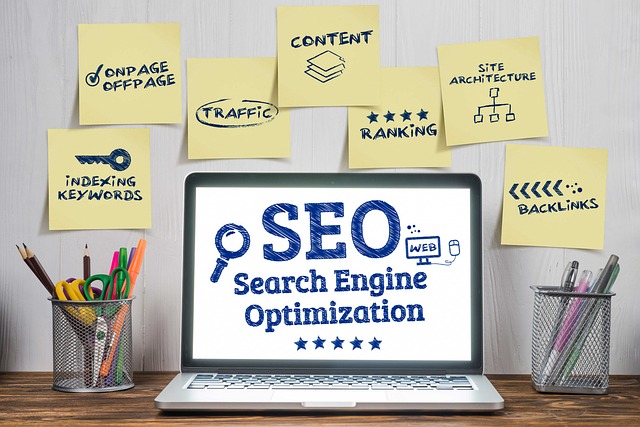
Search engine optimization can turn your site into an income builder. It makes your website show on the front page of searches in search engines like Google. Read on to find out just how to do this.
If you are using SEO, take the time to ensure that the code on your site is well written. For instance, if you have JavaScript and the code isn’t done well, spiders can’t index your site. If you have Flash content without coding, they will not index it at all.
Search Engine
Your website’s “metatag” area is an important place to maximize your standings in search engine results. Be sure to include a wide range of keywords there, including possible misspellings of your keywords. The content of your meta tags is what helps the search engine categorize your website and determine how to describe your link to searchers. For example, say your site’s keyword is “cat food.” In addition to “cat food,” you can add “catfood,” “kitten food,” and “cat chow.”
You should have just enough keywords to succeed at SEO. Be sure not to overdo keyword usage. A good rule of thumb is to keep it under 20%.
AP Style is generally a much more effective tool than SEO style. This means repeating keywords as much as possible without breaking up the flow of the writing. As search engine rankings are built off the presence of keywords, your content will shine if you pay close attention to the words you use.
You can create a robot text file. txt file and inserting it in your site’s root directory. This tells the search engines that these files are not to be accessed.
To make a specific page of a website more search engine friendly, include keywords in the page’s URL. If the URL has symbols or numeric characters that people don’t usually use to search information, the page will not rank very high. Put relevant keywords on your website to get more traffic.
Site Map
Make a site map to help the search engines index your site’s pages. Also known as a navigation bar, a site map allows search engines to find pages from any other page of your site. Even a small site can have a huge impact with a site map, in how a search engine will rank it.

Keep your update schedule for fresh content as frequent as you can. Give yourself writing deadlines and goals and don’t break them. The more content you pump out, the more often search engines will index your site. Sites with a regular stream of new content garner higher page rankings.
Look into podcasts. Podcasts are visual or audio recordings, or sometimes streamed live, that give the consumer important information on the topics you want to cover in the show. This format has become increasingly popular in modern times. You will then have descriptions of the podcasts show up in search engines.
Title Tag
Be sure your title tag is something you focus on. The title tag makes a first impression on visitors. It ought to be a distinct description of your site’s content, and it should include keywords of great relevance. Also, it should not be too long.
It is a mistake to try to learn and implement every area of SEO that exists. Since there is just not enough minutes in a day to learn all SEO techniques, choose one that appears promising and make the most of this area.
On-page SEO is critical to article marketing, so do your homework and due diligence. Ranking highly on Google will get you a lot of traffic.
Be certain that headers sent by your server are correct. There are free online tools that will analyze information that is sent when pages are loaded. Use them to your advantage. There are only two things that are okay to see: 301 Moved Permanently and 200 OK.
SEO doesn’t have to be complicated. Use what you learned here and watch your site grow. Apply the tips you learned here today if you want to get ahead of the competition.
Comments are closed.